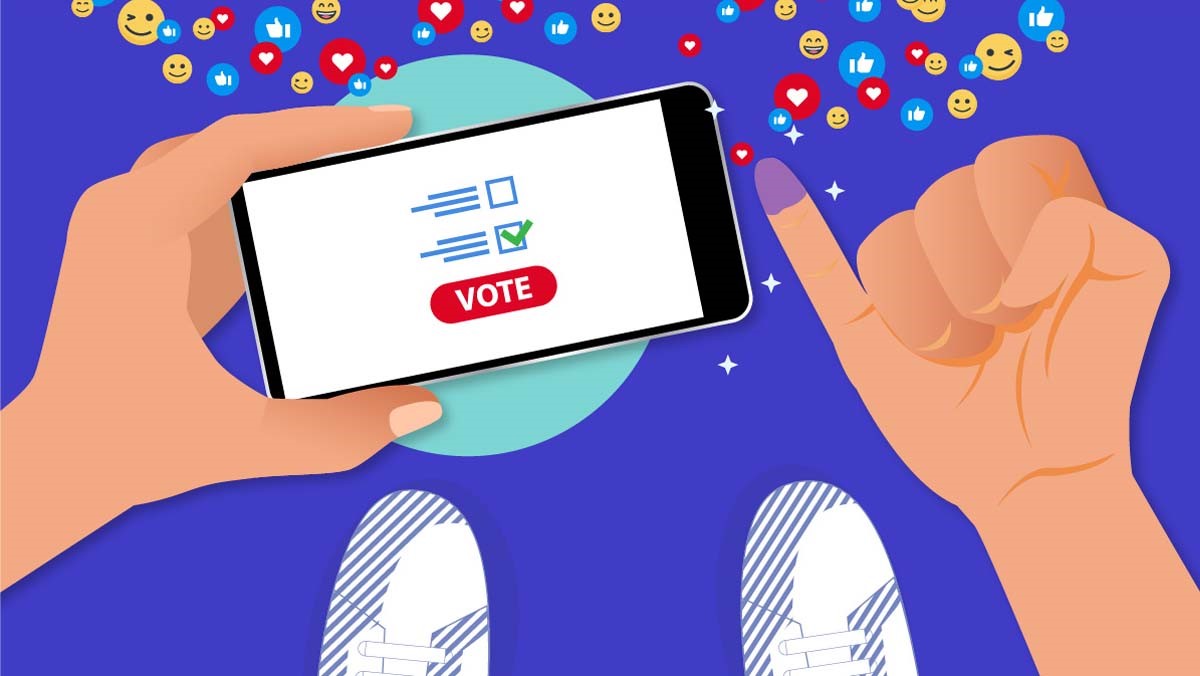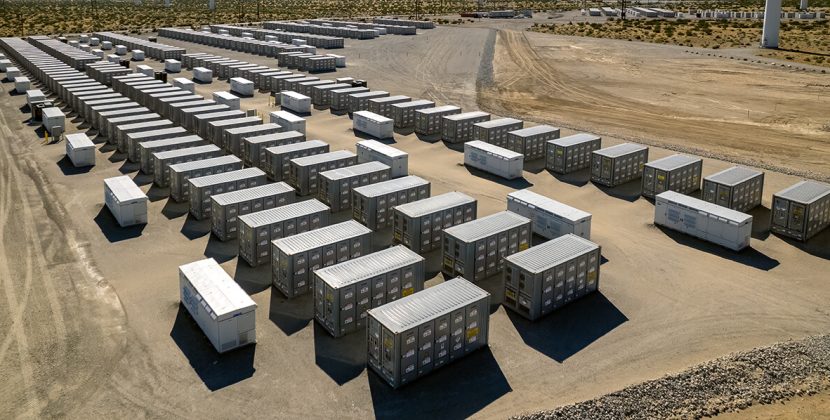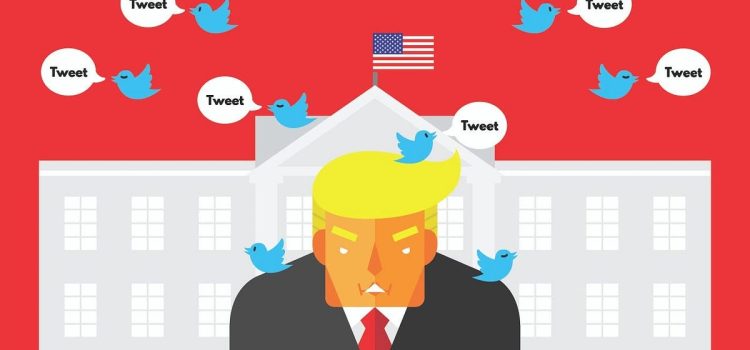
In the digital age, social media has reshaped the landscape of political campaigns, offering a powerful platform for candidates to engage with voters, shape public opinion, and mobilize support. The role of social media in modern political campaigns has become paramount, with platforms like Facebook, Twitter, Instagram, and YouTube as essential tools for reaching and connecting with a diverse audience. From fundraising and outreach to messaging and voter mobilization, social media plays a pivotal role in shaping the and outcomes of contemporary political campaigns. Let’s delve into the various ways in which social media influences and shapes modern political campaigns, driving the conversation, shaping perceptions, and impacting electoral outcomes.
1. Reach and Visibility:
One of the primary advantages of social media in modern political campaigns is the unparalleled reach and visibility it offers to candidates and campaigns. Through social media platforms, candidates can connect with millions of voters instantaneously, sharing their messages, policy proposals, and campaign updates with a broad and diverse audience. The ability to reach a large segment of the population in real time increases candidates’ visibility, expands their outreach, and amplifies their presence in the digital sphere, positioning them to engage directly with voters and influencers.
2. Engagement and Interaction:
Social media platforms provide a dynamic space for candidates to engage in direct communication and interaction with voters, supporters, and constituents. Through posts, comments, live streams, and direct messaging, candidates can actively engage with their audience, respond to inquiries, address concerns, and build relationships with voters. The interactive nature of social media fosters a sense of transparency, authenticity, and accessibility in modern political campaigns, enabling candidates to connect on a personal level, solicit feedback, and mobilize support through meaningful engagement.
3. Targeted Messaging and Micro-Targeting:
Social media enables political campaigns to deliver targeted messaging and engage in micro-targeting strategies that tailor content to specific demographics, interests, and voter segments. By leveraging data analytics, insights, and ad targeting capabilities on social media platforms, campaigns can identify key voter groups, customize their messaging, and reach potential supporters with relevant and personalized content. The ability to micro-target specific audiences ensures that campaign messages resonate with individual voters, drive engagement, and influence perceptions in modern political campaigns.

4. Rapid Response and Crisis Management:
Social media serves as a crucial tool for rapid response and crisis management in modern political campaigns, allowing candidates to address controversies, combat misinformation, and manage public perception in real time. By swiftly responding to emerging issues, clarifying misconceptions, and engaging in proactive communications on social media, campaigns can mitigate reputational risks, control the narrative, and shape public opinion during critical moments of the campaign cycle. The responsiveness and agility provided by social media are essential for successful crisis communication and reputation management in the digital age.
5. Fundraising and Donor Engagement:
Social media platforms have transformed the landscape of fundraising and donor engagement in modern political campaigns, providing candidates with new avenues to solicit donations, mobilize financial support, and foster donor relationships. Through donation buttons, fundraising campaigns, and targeted appeals on social media, candidates can reach out to supporters, showcase their initiatives, and secure critical funding for their campaigns. The ease of online transactions and the viral nature of social media enable candidates to engage donors, amplify fundraising efforts, and diversify their donor base for sustained financial backing.
6. Data Analytics and Insights:
Data analytics and insights derived from social media play a pivotal role in informing decision-making, analyzing campaign performance, and optimizing strategies in modern political campaigns. By tracking engagement metrics, audience demographics, sentiment analysis, and social listening data, campaigns can assess the effectiveness of their messaging, identify emerging trends, and fine-tune their outreach efforts to enhance audience engagement and mobilization. Data-driven insights from social media enable campaigns to measure impact, adjust tactics, and align their strategies with voter preferences and behavior patterns for maximum efficacy.
7. Influencer Partnerships and Endorsements:
Influencer marketing has become a key strategy in modern political campaigns, with candidates leveraging social media influencers, celebrities, and opinion leaders to expand their reach, build credibility, and garner endorsements. By partnering with influencers who have large followings and influence over specific demographics, candidates can tap into new audiences, amplify their message, and benefit from the endorsement of trusted personalities. Influencer partnerships on social media provide candidates with a powerful channel to increase visibility, reach diverse segments of the electorate, and leverage the social influence of key opinion leaders to bolster their campaigns.

8. Issue Advocacy and Grassroots Mobilization:
Social media platforms facilitate issue advocacy and grassroots mobilization efforts in modern political campaigns, empowering campaigns to raise awareness, mobilize supporters, and drive action around key policy priorities. Candidates can engage in issue-based messaging, share policy proposals, and rally supporters around social causes through social media campaigns. The viral nature of social media enables grassroots movements to organize, coordinate activities, and mobilize support for political candidates, amplifying voices, and shaping public discourse around critical issues that resonate with voters.
9. Transparency and Accountability:
Social media has heightened the standards of transparency and accountability in modern political campaigns, prompting candidates to be more open, responsive, and accessible to the public. By providing a platform for real-time updates, live broadcasts, and direct engagement with voters, social media holds candidates accountable for their actions, statements, and promises throughout the campaign cycle. The transparency fostered by social media instills trust, credibility, and accountability in modern political campaigns, encouraging candidates to engage authentically, respond to feedback, and uphold ethical standards in their communications with the electorate.
10. Voter Mobilization and Turnout:
Social media plays a vital role in voter mobilization and turnout efforts in modern political campaigns, enabling campaigns to engage, inform, and energize voters to participate in the electoral process. By leveraging social media for voter outreach, registration drives, and Get-Out-The-Vote (GOTV) initiatives, candidates can activate supporters, encourage voter participation, and drive turnout on Election Day. The mobilization power of social media enables campaigns to connect with voters, disseminate voting information, and inspire civic engagement among diverse communities, ultimately shaping electoral outcomes and fostering democratic participation.








